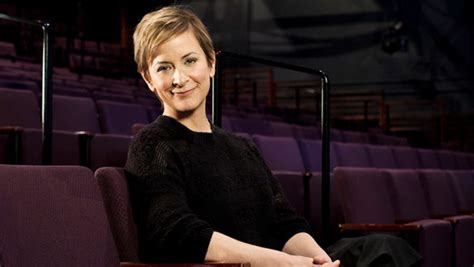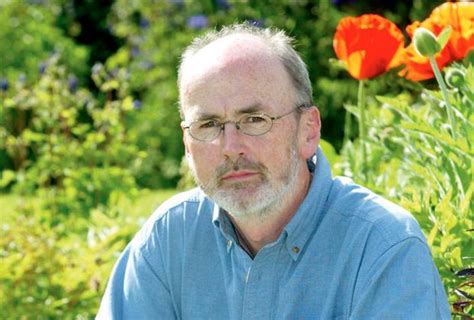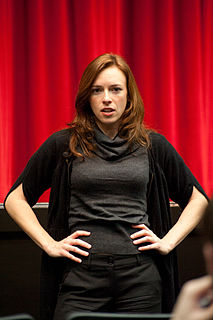A Quote by Mira Nair
In America, we have so many movies and so much media about the Islamic world, the sub-continental world, but it's not a conversation, it's a monologue. It's always from one point of view. 'If we don't tell our own stories, no one will tell them' is my mantra.
Related Quotes
We're all looking from the point of view of our own reality tunnels. And when we begin to realize that we're all looking from the point of view of our own reality tunnels, we find that it is much easier to understand where other people are coming from. All the ones who don't have the same reality tunnel as us do not seem ignorant, or deliberately perverse, or lying, or hypnotized by some mad ideology, they just have a different reality tunnel. And every reality tunnel might tell us something interesting about our world, if we're willing to listen.
I think you reveal yourself by what you choose to photograph, but I prefer photographs that tell more about the subject. There's nothing much interesting to tell about me; what's interesting is the person I'm photographing, and that's what I try to show. [...] I think each photographer has a point of view and a way of looking at the world... that has to do with your subject matter and how you choose to present it. What's interesting is letting people tell you about themselves in the picture.
I'm not trying to amass people in the streets. I just want them to be more aware. So many Americans, for one reason or another, they watch the news and it doesn't really give them the idea of the world. Or they don't read or travel. They have no idea that America is part of the world and not the world itself. And so anything from the travel stories I tell, that's what I'm trying to get across.
We read novels because we need stories; we crave them; we can’t live without telling them and hearing them. Stories are how we make sense of our lives and of the world. When we’re distressed and go to therapy, our therapist’s job is to help us tell our story. Life doesn’t come with plots; it’s messy and chaotic; life is one damn, inexplicable thing after another. And we can’t have that. We insist on meaning. And so we tell stories so that our lives make sense.
I think that cinema and the arts are central in our lives because we grow up and learn about the world through our exposure to stories. Parents use them as a tool to teach their children fundamental truths and values, much as adults can view them to gain exposure to cultures and individuals that they'd never be able to view in their own lives.





































